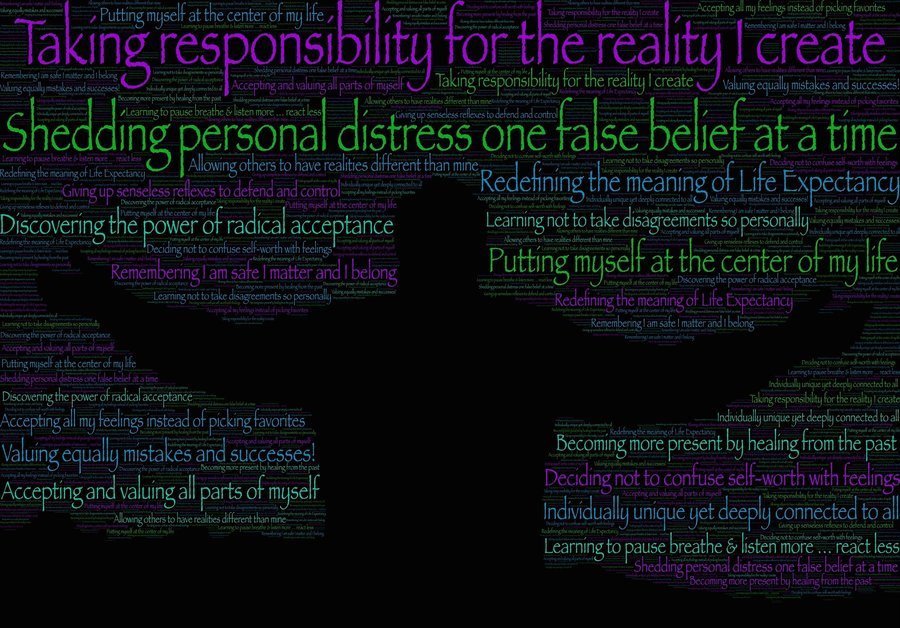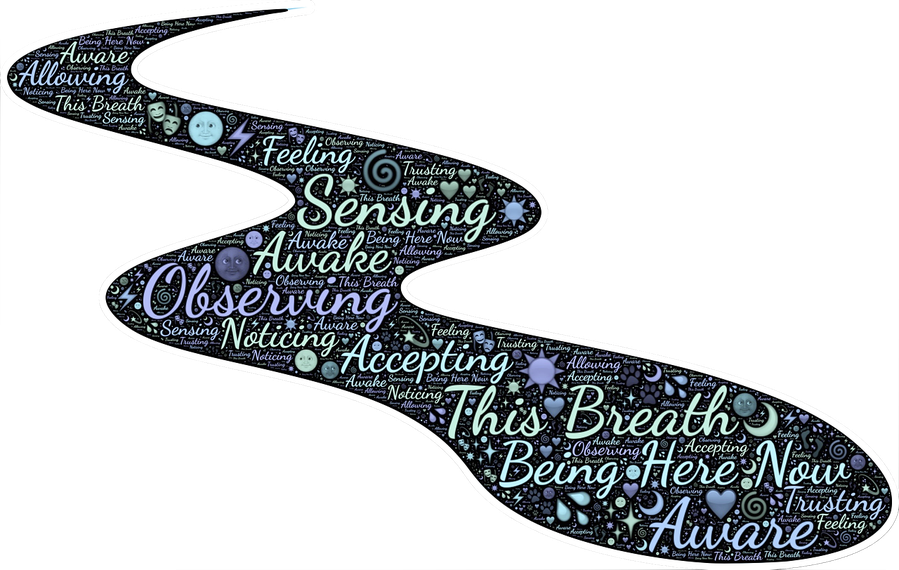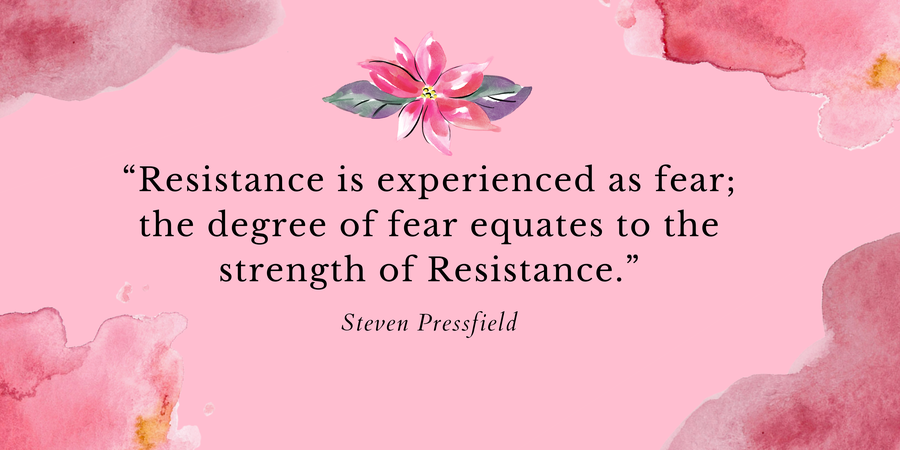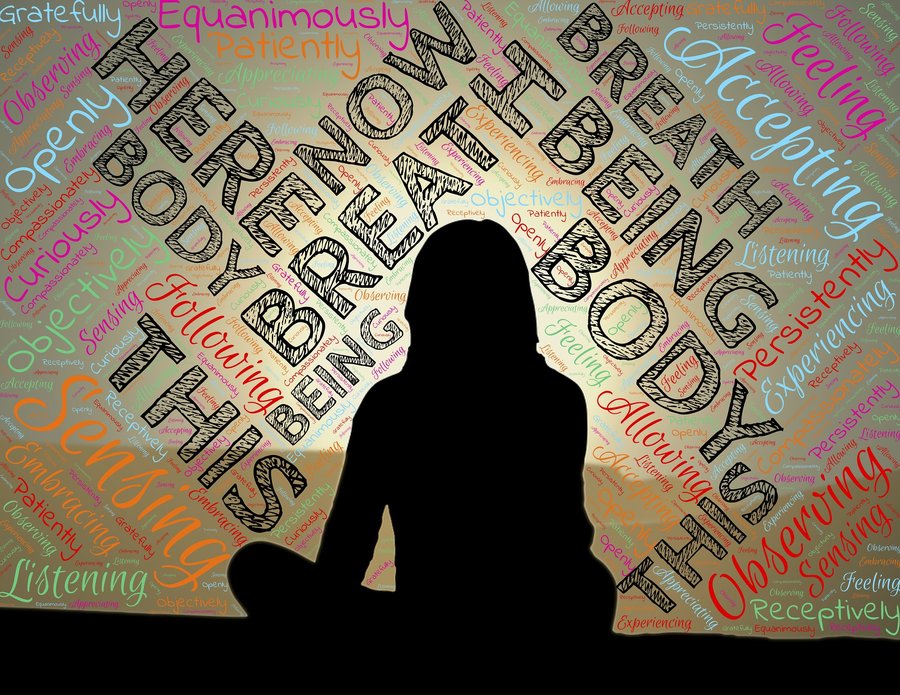Do you ever feel like your emotions are in control of you instead of the other way around? Do you ever feel like something – or someone – can easily trigger an emotional outburst and derail you for the rest of the day?
Managing your emotions can be a challenging task, especially in situations that trigger strong feelings such as stress, anger, or fear. By developing the ability to recognize your emotions and respond to them in a positive way, you can enhance your resilience, reduce your stress levels, and strengthen your relationships with others.
So, when it comes to managing your emotions, self-awareness is the first and most crucial step. It allows you to recognize and acknowledge what you are feeling, why you are feeling that way, and how those emotions affect your behavior, thoughts, and overall well-being.
Self-awareness and emotions are closely related because emotions are a natural response to our thoughts and experiences. When we are self-aware, we are better equipped to understand, manage, and regulate our emotions. Without self-awareness, it’s easy to become overwhelmed and react impulsively or inappropriately.
By being more self-aware, we can recognize our emotional triggers and take steps to deal with them more effectively.
With self-awareness, you can learn to regulate your emotions, make better decisions, and respond to challenging situations in a more constructive and positive way. By understanding your emotional tendencies, you can develop strategies to manage your emotions effectively and prevent them from controlling your actions and thoughts.
Furthermore, managing your emotions is essential for maintaining good mental health and general wellness. When emotions are not managed effectively, they can lead to negative thought patterns, behaviors, and even physical health problems. Chronic stress, anxiety, and depression are just a few examples of how unmanaged emotions can impact a person’s mental and physical health.
On the other hand, people who manage their emotions effectively are more resilient, experience less stress and anxiety, and generally have better overall mental and physical health.
This is why developing self-awareness to manage your emotions is an important skill to learn if you want to improve your emotional intelligence and lead a fulfilling life.
In this blog post, we will explore the power of self-awareness in managing your emotions and provide you with a step-by-step guide to cultivate this essential skill. Whether you struggle with anxiety, anger, or low mood, or simply want to enhance your emotional intelligence, this guide will equip you with practical tools and strategies to promote emotional well-being and personal growth. So, let’s dive in.
Understanding Emotions
At their core, emotions are simply feelings that are generated in response to certain stimuli. But they can also be much more complex and nuanced than that. Emotions can range from the positive, like happiness and love, to the negative, such as anger and sadness.
They are often accompanied by physical sensations, such as changes in heart rate, breathing, or muscle tension. Emotions can be triggered by various internal or external factors, such as thoughts, memories, experiences, events, or social interactions.
As I’ve come to understand it, there are two basic types of emotions: positive and negative. All emotions fall under those two types. The highest of the positive emotions are love and gratitude, while the lowest of the negative emotions are fear and powerlessness.

Connection Between Thoughts, Emotions, and Behaviors.
Have you ever noticed that your thoughts have a direct impact on your emotions and behaviors? When we think negative thoughts, our emotions tend to follow suit. Similarly, when we have positive thoughts, our emotions and behaviors generally reflect that positivity. The connection between thoughts, emotions, and behaviors is a fundamental aspect of human psychology. It is the foundation of how we understand and interpret the world around us, and it plays a critical role in our mental and emotional well-being. At its core, this connection is about how our thoughts and emotions influence the way we act and react to the world. Every experience we have is processed through our thoughts and emotions, which then drive our actions and behaviors. When we have a thought, it can trigger an emotional response, and that emotional response can then influence how we behave. For example, if we have a negative thought about ourselves, such as “I’m not good enough,” it can trigger feelings of sadness or anxiety, which can then lead to behaviors like procrastination or avoidance. When it comes to feeling great, it’s all about the way you think, feel, and act. By understanding the link between these three, you can better manage your emotional reactions and take control of your happiness. For a more detailed description of emotions and their functions, you can visit these related posts: Master Your Emotions The Function of Emotions: What You Need to KnowUnderstanding Self-Awareness
Self-awareness is the ability to recognize and understand our emotions, thoughts, and behaviors, as well as their impact on others. It is the foundation of personal growth and development, allowing us to identify our strengths, weaknesses, and areas for improvement.
By developing self-awareness, we can better understand our needs and values, which help us make more informed decisions, communicate effectively with others, and manage our emotions in a healthy way.
When it comes to emotional regulation, self-awareness plays a crucial role in identifying and managing our emotions effectively. By developing a deeper understanding of our emotional experiences, we become better equipped to regulate our responses to different situations and stimuli.
For example, imagine you are feeling overwhelmed and stressed at work. Without self-awareness, you might not recognize the signs of stress in your body and mind, and you might continue to push yourself until you burn out. However, with self-awareness, you can recognize the physical and emotional signs of stress and take steps to manage it before it becomes too much to handle.
By cultivating self-awareness, you become better at identifying and acknowledging your emotions in the moment, rather than suppressing or denying them. This enables you to regulate your emotions more effectively, leading to greater emotional resilience and improved mental well-being.
Ultimately, self-awareness is essential for achieving success and fulfillment in both personal and professional life.
For more info on self-awareness and how to develop it go to this related article:
The Journey to Self-Awareness: 6 Steps to Discovering Your True Identity
Benefits of Self-Awareness in Managing Emotions
By developing self-awareness in managing your emotions, you can gain greater control and understanding of how you feel and why. Here are just some of the many benefits of self-awareness in managing your emotions:
- Increased emotional intelligence: You can develop a deeper understanding of how emotions affect you and others, leading to stronger relationships and improved decision-making.
- Better stress management: You can recognize your triggers and respond to stress in a more productive way. This can lead to better overall mental health and well-being.
- Improved self-control: Self-awareness allows you to identify and regulate your emotions, giving you better control over your reactions and reducing impulsive behavior.
- Increased empathy: You become better equipped to understand and empathize with the emotions of others, improving your relationships and social interactions.
- Increased self-confidence: By being more aware of your thoughts and emotions, you can develop a more accurate and positive self-image, leading to increased self-esteem and self-confidence.
- Better decision-making: You can make decisions based on your values and priorities rather than your emotions, leading to better outcomes and greater personal satisfaction.
- Improved communication: By understanding your emotions, you can communicate more effectively and clearly, leading to stronger relationships and better collaboration.

10 Easy Steps to Manage Your Emotions Using Self-Awareness
It can be easy to get swept up in overwhelming emotions, that’s where self-awareness comes in.
The following are 10 steps you can take to start managing your emotions:
1. Start with becoming aware and recognizing your emotions
To effectively manage your emotions, the first step is to become aware of your emotional state. This means recognizing and acknowledging what you are feeling in the present moment without judging or suppressing it.
Often, people tend to ignore or deny their emotions, which can lead to them getting bottled up and ultimately resulting in an emotional outburst or an unhealthy coping mechanism.
To become aware of your emotions, take a few deep breaths and try to focus your attention on the physical sensations in your body. This can help you to identify where in your body you are experiencing tension, discomfort, or any other sensations associated with different emotions.
For instance, anxiety or fear can be felt as a tightness in the chest or a knot in the stomach, while anger can cause heat or tension in the face and shoulders.
Once you have identified the physical sensations, try to put a label on the emotion you are experiencing. Use words that best describe what you are feeling, such as anxious, angry, frustrated, sad, or happy. By naming the emotion, you are taking the first step towards understanding and managing it.
2. Understand what triggers you
Understanding what triggers your emotions is another important step in managing them effectively through self-awareness. Triggers can be internal, such as negative self-talk, or external, such as specific people or situations that evoke certain emotions. Once you identify your triggers, you can learn to respond to them more constructively.
Start by paying attention to your emotional responses in different situations. When you experience a strong emotional response, take a moment to reflect on what happened just before and try to identify any triggers that may have contributed to the emotion.
It can be helpful to write down these triggers and the emotions they evoke in a journal or notes app, so you can reference them later.
As you become more aware of your triggers, try to anticipate situations or people that may provoke a strong emotional response, and develop a plan for how to respond in a more positive way. This might include taking a few deep breaths, using positive self-talk, or removing yourself from the situation temporarily to calm down.
By understanding your triggers and developing strategies to manage them, you can gain greater control over your emotional responses and reduce the likelihood of becoming overwhelmed by them.
3. Develop emotional regulation techniques
Once you become aware of your emotions and understand what triggers them, it’s time to develop strategies to regulate them. There are many different techniques that you can use to manage your emotions, and the key is finding what works best for you.
One effective technique is deep breathing. When you feel overwhelmed by your emotions, take a moment to pause and take a few deep breaths. This can help calm your nervous system and reduce the intensity of your emotions.
Another technique is mindfulness. Mindfulness involves bringing your attention to the present moment and accepting your emotions without judgment. By being mindful, you can observe your emotions without becoming overwhelmed by them.
Other effective techniques include physical exercise, talking to a trusted friend or family member, practicing gratitude, and engaging in relaxation techniques such as meditation or yoga. It’s important to experiment with different techniques to find what works best for you.
From my personal experience, I have found that practicing deep breathing and taking a moment of silence before responding helps me regulate my emotions. By giving myself the time to calm down and think things through, I can avoid saying things that I might regret later. This approach also allows me to determine if my emotional response was justified or if I overreacted, which, I must admit, happens more often than not.
Additionally, I’ve learned to recognize the physical sensations that often accompany certain emotions, such as a racing heartbeat or a knot in my stomach. This awareness helps me identify when my emotions are escalating and signals me to take action to regulate them.
Remember, developing emotional regulation techniques takes time and practice. It’s important to be patient with yourself.

4. Observe your thoughts and reactions
Observing your thoughts and reactions involves paying attention to your internal dialogue and noticing how you react to certain situations. By doing this, you can gain valuable insights into your emotional patterns and triggers, which can help you develop more effective emotional regulation techniques.
To observe your thoughts and reactions, it’s helpful to take a step back and become an objective observer of your own mind. This means noticing your thoughts and feelings without judgment or attachment, simply observing them as they arise.
As you observe your thoughts and reactions, you may start to notice patterns or themes that emerge. Perhaps you tend to have a negative inner dialogue or feel particularly triggered by certain types of situations. By becoming aware of these patterns, you can start to challenge them and replace them with more positive thoughts and reactions.
A great book that can help you start observing your thoughts is “The Untethered Soul” by Michael A. Singer.
The key is to make a regular practice of tuning into your internal dialogue and noticing how your thoughts and feelings impact your emotions and behaviors. By doing so, you can gain greater control over your emotional responses and cultivate a more positive and resilient mindset.
5. Identify your values
Identifying your values can be a powerful tool in managing your emotions. Values are the principles and beliefs that guide your behavior and decision-making. When you are clear on your values, you have a better sense of what is important to you and what you stand for. This can help you make better choices in the moment, even when your emotions are high.
Take some time to reflect on what values are important to you. You can start by making a list of values that resonate with you, such as honesty, integrity, kindness, or respect.
Next, try to narrow down your list to your top three to five values. These values will serve as a compass to guide you in making decisions and taking action in line with what truly matters to you.
When you are faced with a situation that triggers strong emotions, take a moment to pause and ask yourself whether your thoughts and actions align with your values. This can help you gain perspective and make a more mindful choice, rather than simply reacting based on your emotions in the moment.
By living in accordance with your values, you can build a sense of purpose and fulfillment, and feel more in control of your emotions and actions.
6. Challenge resistance
Resistance refers to the tendency to reject or resist certain emotions or experiences, often due to fear or discomfort. However, avoiding or suppressing emotions only leads to more intense feelings and negative consequences in the long run.
To challenge resistance, it is important to become aware of the emotions or experiences that you tend to resist. This can involve paying attention to physical sensations or noticing when you feel the urge to distract yourself or avoid a certain situation.
Once you have identified these patterns, you can begin to challenge them by approaching the emotion or experience with curiosity and openness, rather than judgment or fear.
The best book I’ve read about resistance is “The War of Art” by Steven Pressfield. I strongly recommend it.
By challenging negative or limiting beliefs about yourself or the situation, you can begin to shift your perspective and approach the situation with greater flexibility and openness.

7. Practice mindfulness
Mindfulness is about being present and fully engaged in the moment, without judgment or distraction. By practicing mindfulness, you can learn to observe your thoughts and emotions without reacting to them.
One way to practice mindfulness is to start with a short meditation session each day. You can begin with just a few minutes and gradually increase the time as you become more comfortable. During your meditation, focus on your breath and try to quiet your mind. If you find yourself becoming distracted, gently bring your attention back to your breath.
Another way to practice mindfulness is to engage in daily activities with full presence and awareness. For example, when you eat, take the time to savor each bite and notice the flavors and textures. When you walk, pay attention to the sensation of your feet touching the ground and the movement of your body.
By practicing mindfulness regularly, you can develop greater self-awareness and emotional regulation.
8. Take time to reflect on progress and set new goals
When you reflect on your progress, you can see how far you have come, what you have accomplished, and what areas you still need to work on. This process helps you celebrate your successes, learn from your mistakes, and identify new areas for growth.
Additionally, setting new goals gives you something to work toward and motivates you to continue your self-awareness journey. As you set your goals, consider how they align with your values and what you want to achieve in the long term.
Reflection and goal-setting should be ongoing processes that you practice regularly. You can set daily, weekly, monthly, and even yearly goals to keep yourself accountable and motivated.
By doing this, you can track your progress over time and adjust your goals as necessary. Remember, the goal is not to be perfect but to continue making progress and growing in your path.
9. Take care of yourself
Emotions can be physically and mentally draining, so it is important to ensure that you are taking care of your physical and emotional health.
This includes eating a balanced diet, getting enough sleep, and engaging in physical activity. A healthy body can support a healthy mind and help you feel more resilient in the face of emotional challenges.
In addition to physical health, it is important to prioritize self-care activities that promote relaxation and stress relief.
Remember that taking care of yourself is not a one-time event, but rather an ongoing practice that requires consistent attention and effort.
10. Seek professional help
While self-awareness and personal techniques can be highly effective in managing emotions, sometimes they are not enough. In such cases, seeking professional help can be beneficial.
A mental health professional can provide a safe and confidential environment to explore emotions and develop strategies to manage them. They can offer insights and techniques that may not have been considered before and provide a different perspective on a situation.
Additionally, they can help identify any underlying mental health conditions that may be contributing to the emotional struggles and provide appropriate treatment.
By following these steps and practicing self-awareness regularly, you can learn to manage your emotions and respond in a way that aligns with your values and goals.

In Conclusion
Managing emotions can be a challenging task, but with self-awareness, it can become a more manageable and rewarding experience.
By understanding your emotions, recognizing your triggers, developing emotional regulation techniques, observing your thoughts and reactions, identifying your values, challenging resistance, and taking time to reflect on progress and set new goals, you can start taking control of your emotions and lead a more fulfilling life.
Remember that seeking professional help is always an option if you are struggling with managing your emotions, and that there is no shame in asking for assistance when you need it.
With dedication and practice, you can cultivate a strong sense of self-awareness and emotional regulation, and ultimately improve your mental health and well-being.


0 Comments